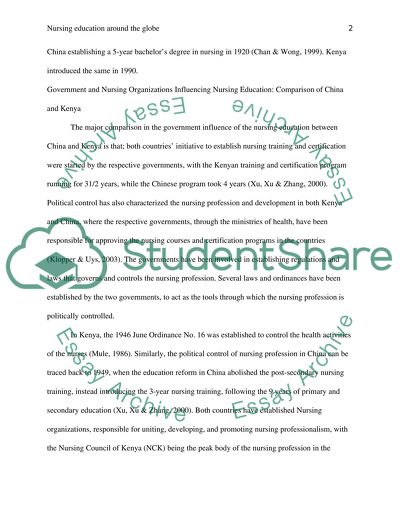Cite this document
(“Nursing Education Around the Globe Research Paper”, n.d.)
Nursing Education Around the Globe Research Paper. Retrieved from https://studentshare.org/nursing/1489894-nursing-education-around-the-globe
Nursing Education Around the Globe Research Paper. Retrieved from https://studentshare.org/nursing/1489894-nursing-education-around-the-globe
(Nursing Education Around the Globe Research Paper)
Nursing Education Around the Globe Research Paper. https://studentshare.org/nursing/1489894-nursing-education-around-the-globe.
Nursing Education Around the Globe Research Paper. https://studentshare.org/nursing/1489894-nursing-education-around-the-globe.
“Nursing Education Around the Globe Research Paper”, n.d. https://studentshare.org/nursing/1489894-nursing-education-around-the-globe.


